2025 has kicked off with its fair share of excitement and challenges. Set against Nigeria’s complex and multifaceted political landscape, the year unfolds as President Bola Tinubu’s administration continues its efforts to address the nation’s most pressing issues, including rising insecurity and severe economic hardships. As the country navigates these turbulent times, here are some key issues likely to dominate public discourse this year
Local Government Autonomy
Local government autonomy has long been a contentious issue in Nigeria, with repeated efforts over the years to grant local governments greater independence from state governments. As 2025 unfolds, the matter is reaching a critical juncture and is identified as a potential turning point in reshaping grassroots governance in the country.
At the core of the push for local government autonomy is the demand for financial independence, greater decision-making power, and control over day-to-day operations.
Proponents argue that allowing local governments direct access to their funds would improve service delivery in essential sectors like education, healthcare, and infrastructure while reducing undue interference from state governors.
The ultimate goal is to enhance accountability, transparency, and grassroots development.
A significant breakthrough occurred on July 11, 2024, when the Supreme Court ruled in favour of financial autonomy for Nigeria’s 774 Local Government Councils.
The court declared it unconstitutional for state governors to withhold funds allocated to local governments, mandating direct disbursement from the Federation Account to the councils.
This landmark decision was hailed as a victory for local governance advocates, who had long argued that the existing structure stifled local development.
However, the ruling’s implementation has faced considerable delays, with some state governors resisting, citing concerns over salary payments and the operational sustainability of local councils.
In August 2024, the Federal Government and the Nigerian Governors’ Forum reportedly reached an agreement for a three-month moratorium on the autonomy arrangement, further postponing full enforcement until November 2024.
As 2025 progresses, mounting pressure on both federal and state authorities could drive a decisive breakthrough. If fully implemented, local government autonomy could transform grassroots governance by improving public service delivery, reducing corruption, and promoting regional development.
President Bola Tinubu recently reiterated the importance of collaboration with the 36 state governors, emphasising their critical role in ensuring effective local governance across the nation.
National Youth Conference
The National Youth Conference, scheduled for February 2025, is poised to be a landmark event for Nigeria’s young population. With over half of the country’s population under the age of 35, the conference offers a crucial platform to address pressing youth-related issues and chart a path toward national progress.
Announced by President Bola Tinubu during Nigeria’s 64th Independence Anniversary speech on October 1, 2024, the conference will span 30 days, focusing on key areas such as unemployment, education, technology, entrepreneurship, and youth empowerment.
As youth unemployment continues to rise, the event is expected to prioritise strategies for job creation, skills acquisition, and economic self-sufficiency.
A significant highlight of the conference will be discussions on youth inclusion in governance, advocating for policies that empower young Nigerians to play active roles in decision-making processes.
With a growing number of young people entering the labour market each year, the conference could serve as a policy-shaping event, influencing reforms aimed at improving the socio-economic landscape for Nigerian youth.
Beyond policy dialogues, the conference’s resolutions could have lasting implications for Nigeria’s political landscape, especially as young voters become increasingly influential. Their demands for a government that prioritises education, employment, and innovation may shape campaign strategies ahead of future elections.
If effectively implemented, the National Youth Conference has the potential to redefine Nigeria’s approach to youth development and participatory governance.
Inauguration of President Trump
Although seemingly distant from Nigeria’s domestic politics, Donald Trump’s inauguration as the 47th President of the United States in 2025 could significantly influence Nigeria’s foreign relations, particularly in trade, security, and diplomatic engagements. His victory in the November 2024 U.S. election has already sparked interest on the potential shift in U.S. foreign policy towards Africa. As the continent’s largest economy and most populous nation, Nigeria stands to be at the centre of these developments.
Trump’s administration is expected to adopt a more transactional approach to foreign policy, prioritising economic partnerships and trade agreements that offer mutual benefit but may come with tougher negotiation stances.
This shift could bring both opportunities and challenges for Nigeria. While the focus on fair trade terms might encourage greater investment and market access for Nigerian products, it could also impose stricter conditions that may impact Nigeria’s export capacity.
Security cooperation will also be pivotal under Trump’s leadership. His previous administration placed significant emphasis on counterterrorism partnerships in Africa. For Nigeria, grappling with ongoing insurgency threats from groups like Boko Haram and banditry, U.S. security policies could either reinforce support through military aid and intelligence-sharing or strain relations if conditions become more demanding.
Anambra Governorship elections and Ondo/Edo tribunals
The 2025 political calendar in Nigeria will be marked by the highly anticipated Anambra governorship election and the decisive election tribunals in Ondo and Edo states—both pivotal events expected to shape the country’s political landscape.
Anambra’s governorship election, scheduled for November 2025, promises to be a fiercely contested race, driven by the region’s complex political dynamics and pressing socio-economic challenges.
Candidates are expected to campaign on critical issues such as security, infrastructure deficits, and youth unemployment, all of which have remained persistent concerns in the South-East.
The state, renowned for its vibrant political culture, will see major parties like the All Progressives Grand Alliance, the All Progressives Congress, the Peoples Democratic Party, and the Labour Party aggressively competing for dominance.
Beyond determining the state’s leadership, the outcome will hold broader implications for regional power shifts, with the South-East playing a critical role in Nigeria’s evolving political balance.
Simultaneously, the election tribunals in Ondo and Edo states will command national attention following their 2024 governorship elections marred by allegations of electoral malpractice, voter suppression, and procedural irregularities.
As political parties challenge the legitimacy of the results, the tribunals will be tasked with determining whether the elections were conducted in accordance with Nigeria’s electoral laws.
Their rulings will be pivotal not only in resolving disputes but also in reinforcing public confidence in the integrity of the electoral process.
The outcomes of these events will likely influence both regional power dynamics and national political narratives, with Nigerians closely monitoring how effectively the electoral and judicial institutions uphold fairness and transparency.
Tax Reform Bills
Nigerians are keenly anticipating the outcome of the tax reform bills, which have sparked controversy since their presentation to the National Assembly in October 2024 by the executive arm of government, led by President Bola Tinubu.
The bills include the Nigeria Tax Bill 2024, Nigeria Tax Administration Bill, Nigeria Revenue Service (Establishment) Bill, and Joint Revenue Board (Establishment) Bill.
These proposed legislations aim to consolidate existing tax laws, establish clearer frameworks for tax administration, and create bodies such as the Tax Appeal Tribunal and the Office of the Tax Ombudsman.
However, the National Economic Council, comprising all 36 state governors, has urged the President to withdraw the bills for comprehensive consultations. While the Senate passed the bills for a second reading, the House of Representatives indefinitely adjourned deliberations on them.
The Northern Governors Forum unanimously opposed the bills, citing concerns about the proposed shift to a derivation-based model for Value Added Tax distribution, which they believe would disadvantage northern states and other less industrialised regions. Governors Babagana Zulum, Bala Mohammed, and Abba Yusuf of Borno, Bauchi, and Kano states have been vocal critics of the bills in the North.
Despite the controversies, President Tinubu has ruled out withdrawing the bills, stating that “it has come to stay.”
The outcome of the tax reform will significantly shape Nigeria’s fiscal landscape in 2025. If passed, the reforms could introduce a more transparent and efficient tax system, potentially boosting revenue generation and addressing economic challenges. However, unresolved disputes, especially the VAT distribution model, could deepen regional tensions and fuel a political crisis. The success or failure of the reforms will also influence public perception of Tinubu’s administration and its economic policies.
PDP NEC Meeting
The Peoples Democratic Party is expected to hold its much-awaited National Executive Council meeting in February this year, barring any last-minute changes.
The 99th NEC meeting, originally scheduled for August 15, was postponed to October 24, 2024, then to November 28, and later postponed indefinitely. However, the PDP Governors Forum has insisted that the NEC meeting be held by the first week of February at the latest.
Though the National Working Committee has not finalised a date, party members believe the meeting will occur as demanded by the governors.
The NEC meeting is anticipated to usher in new leadership, as a camp led by the 2023 presidential candidate, Alhaji Atiku Abubakar, and some governors seek to oust the current acting National Chairman, Umar Damagum. This camp argues for fresh leadership to revive the party’s fortunes.
Meanwhile, another camp loyal to the Minister of the Federal Capital Territory supports Damagum serving out the remaining term of the sacked chairman, Iyorchia Ayu.
The NEC meeting’s outcomes will be pivotal for the PDP’s stability and relevance in 2025. Leadership changes could energise the party ahead of key gubernatorial and legislative elections, potentially positioning it as a stronger opposition. Conversely, prolonged internal strife might weaken its ability to challenge the ruling APC.
INEC chairman’s retirement
The anticipated retirement of Professor Mahmood Yakubu, Chairman of the Independent National Electoral Commission, in December 2025, marks a significant milestone for Nigeria’s electoral landscape. Yakubu, who made history as the first INEC chairman to serve two consecutive five-year terms, has overseen critical elections, including the 2023 general elections, which were pivotal in shaping Nigeria’s political future.
Yakubu’s retirement will trigger the appointment of a new INEC chairman, a decision with the potential to impact Nigeria’s democratic process for years to come. A transparent, competent, and independent successor could bolster public confidence in the electoral system, contributing to fairer and more credible elections in the future. However, the selection of a controversial or politically aligned candidate could erode public trust, stoking civil unrest and further deepening political divides in the country.
The appointment of the next INEC chairman will undoubtedly be one of the most closely watched political decisions in 2025, as it holds the power to influence Nigeria’s democratic trajectory in the coming years.
Port Harcourt, Warri refineries
Since the announcement on November 26, 2024, by Mele Kyari, Group Chief Executive Officer of the Nigerian National Petroleum Corporation Limited, that crude oil processing had resumed at the Port Harcourt refinery, the facility has been under intense scrutiny.
Many Nigerians remain unconvinced by NNPCL’s claims of the refinery’s operational capacity and efficiency.
After facing seven delays, the NNPCL promised that the refurbished Port Harcourt Refinery would supply around 200 trucks daily, producing approximately one million litres of refined products.
The facility, with an installed capacity of 60,000 barrels per day, was said to have undergone significant upgrades, including the addition of cutting-edge technology, and was reportedly operating at 70 per cent of its refining capacity.
However, a visit to the refinery on November 29, 2024, by Saturday PUNCH revealed no visible signs of activity.
Workers on-site disclosed that the plant was undergoing calibration, a technical process that was expected to continue into the following week. After two weeks of inactivity, the refinery resumed operations in mid-December, with the NNPCL reporting that at least 11 trucks began loading refined products.
Despite these developments, scepticism persists about the refinery’s capacity to meet its promises. Kyari also announced on December 31, 2024, that the Warri Refining & Petrochemical Company in Delta State had commenced operations, marking another milestone in the government’s push to revitalize Nigeria’s oil sector.
Oil marketers, including independent operators, have expressed optimism that the revival of government-owned refineries could help reduce fuel costs.
They argue that greater competition, especially with the Dangote Refinery, could help stabilise fuel prices.
With the Federal Government continuing its push for full deregulation in the downstream oil sector, 2025 might be a pivotal year for the nation’s oil industry and its policy direction.
Kyari’s Retirement: A brewing storm
Another contentious issue set to dominate headlines this year is Mele Kyari’s bid to remain as NNPCL boss despite public service rules mandating his retirement on January 8, 2025, when he turns 60.
President Bola Tinubu may face mounting pressure to replace Kyari with a Southerner, but the NNPCL’s status as a limited liability company could shield him from removal. Under the Petroleum Industry Act of 2021, the NNPCL was restructured into a limited liability company aligned with the Companies and Allied Matters Act, which imposes no age or tenure restrictions on management.
To reinforce Kyari’s position, the company reset his tenure in 2023 to begin from 2021, granting him a five-year term that extends until 2026. While Chief Financial Officer Umar Ajiya retired upon turning 60 in March, Kyari remains in office, banking on this legal loophole to extend his stay.
Speculation is rife that President Tinubu may appoint Bayo Ojulari, a former managing director of Shell Nigeria Exploration and Production Company, as Kyari’s successor. Ojulari is reputed to have played a pivotal role in the Renaissance Consortium’s $2.3bn purchase of Shell’s onshore assets in Nigeria.
However, reports suggest that the Northern caucus within Tinubu’s administration may oppose this move and instead back Kyari to retain his position. Regardless of how events unfold, the controversy surrounding Kyari’s tenure is certain to shape Nigeria’s political and corporate landscape in 2025.
Population census
This year may also see Nigeria conduct its long-awaited population census, an exercise that has already begun gaining traction across the country. Despite viral reports speculating on dates and logistics, the National Population Commission has dismissed these claims, insisting that no official date has been set.
In a statement, Acting Director of Public Affairs Erelu Taibat Yemi Oloruntoba clarified that while the NPC is constitutionally mandated to conduct censuses, the power to set the date lies solely with the President.
Following the postponement of the census by the previous administration, the NPC has been engaging with the presidency to determine a new timeline.
“As an organisation committed to transparency and accuracy, we are currently in the preparatory stages for the upcoming census, and discussions regarding the timeline are actively ongoing,” the NPC stated.
As Nigerians eagerly await an official announcement, the upcoming census promises to be one of the most significant and debated events of the year.

 1 day ago
3
1 day ago
3





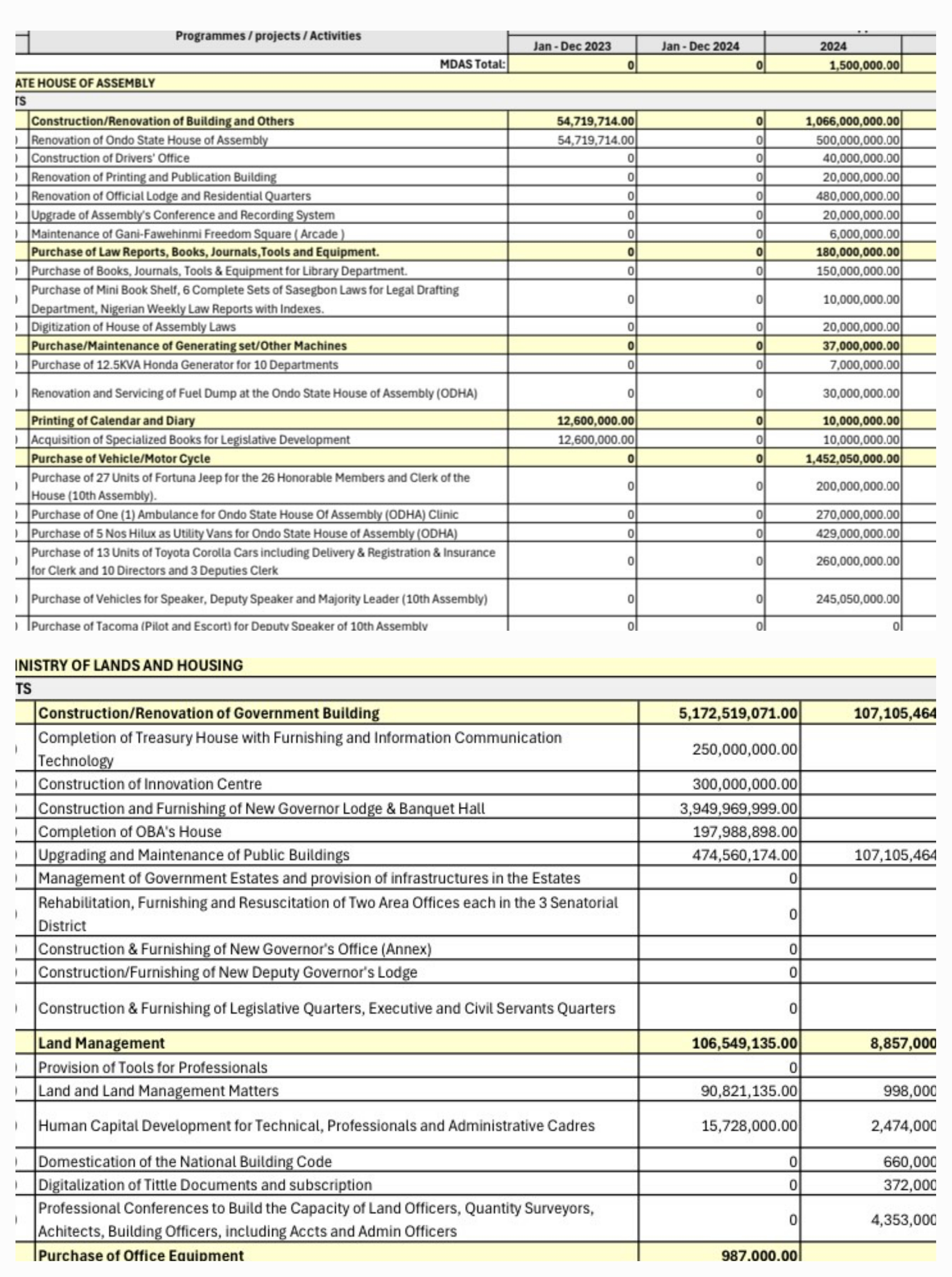
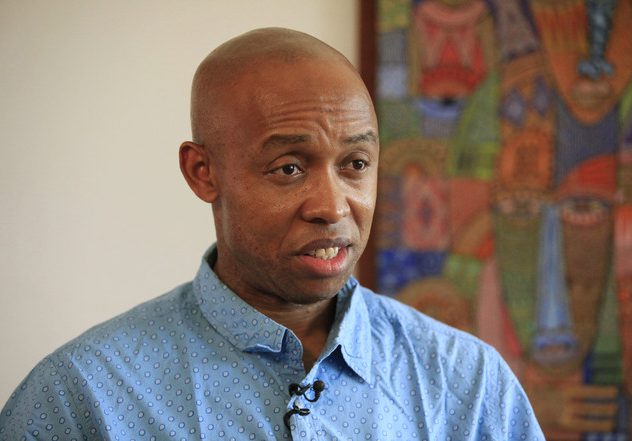
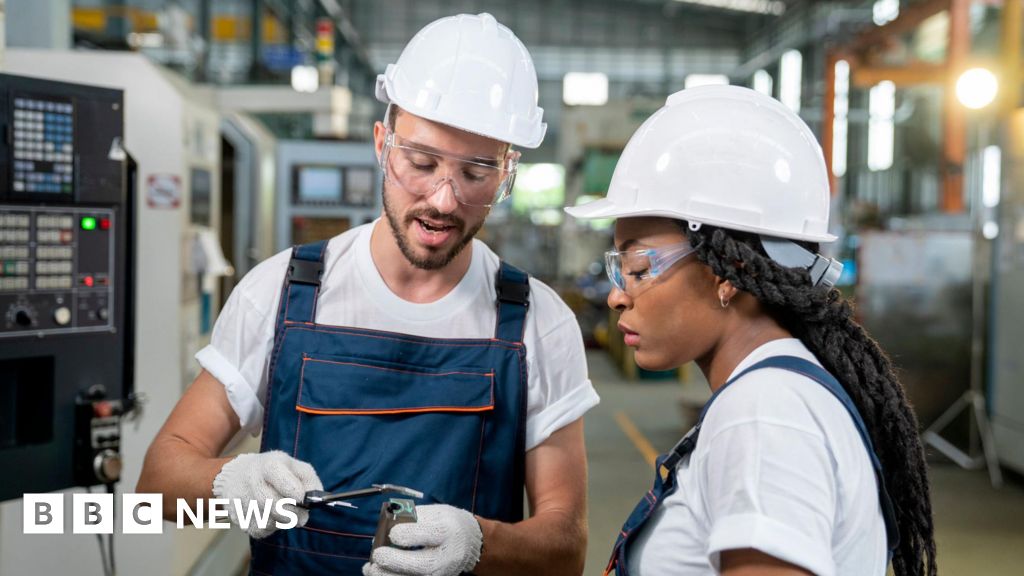
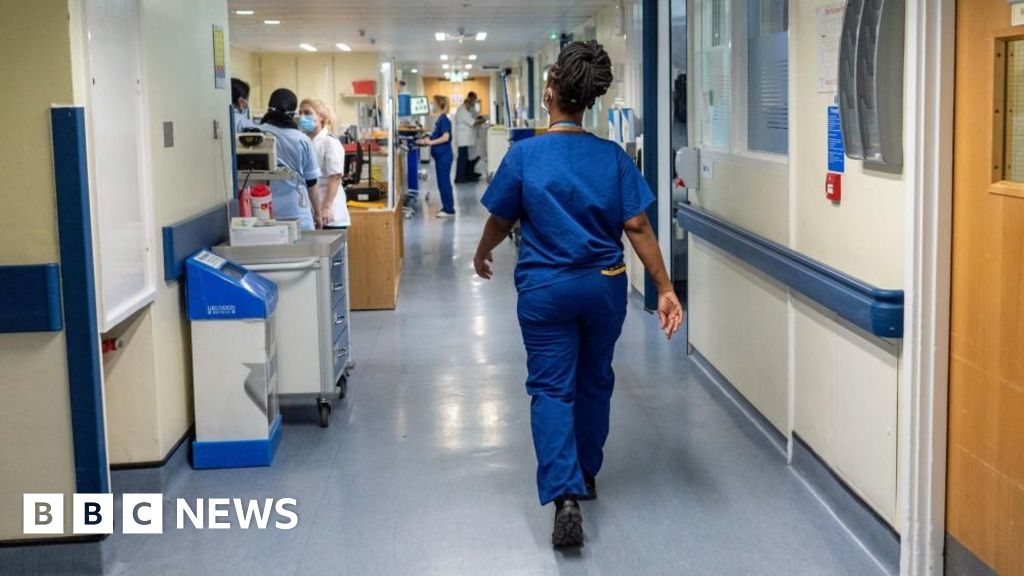
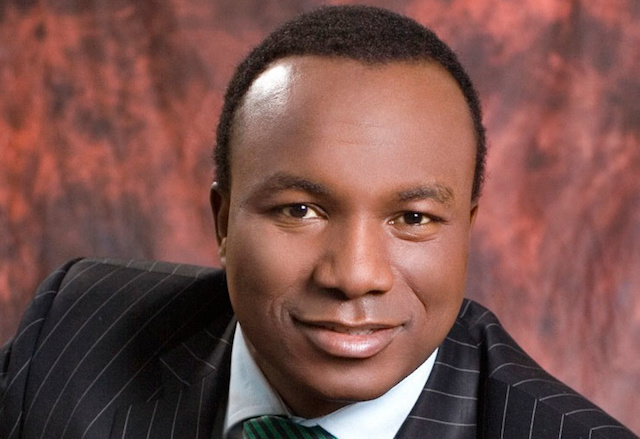
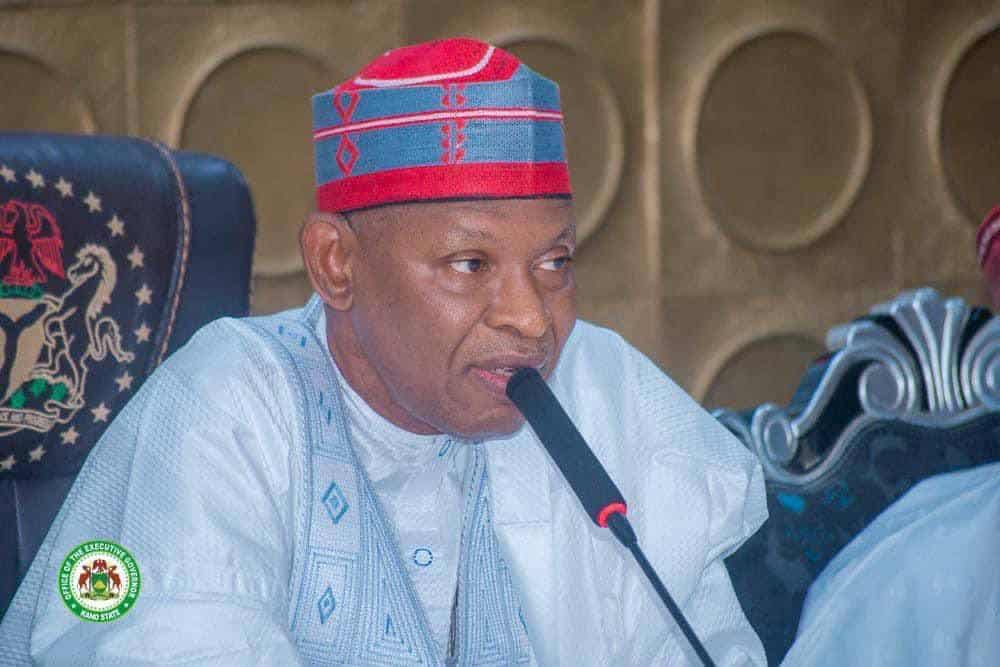




 English (US) ·
English (US) ·